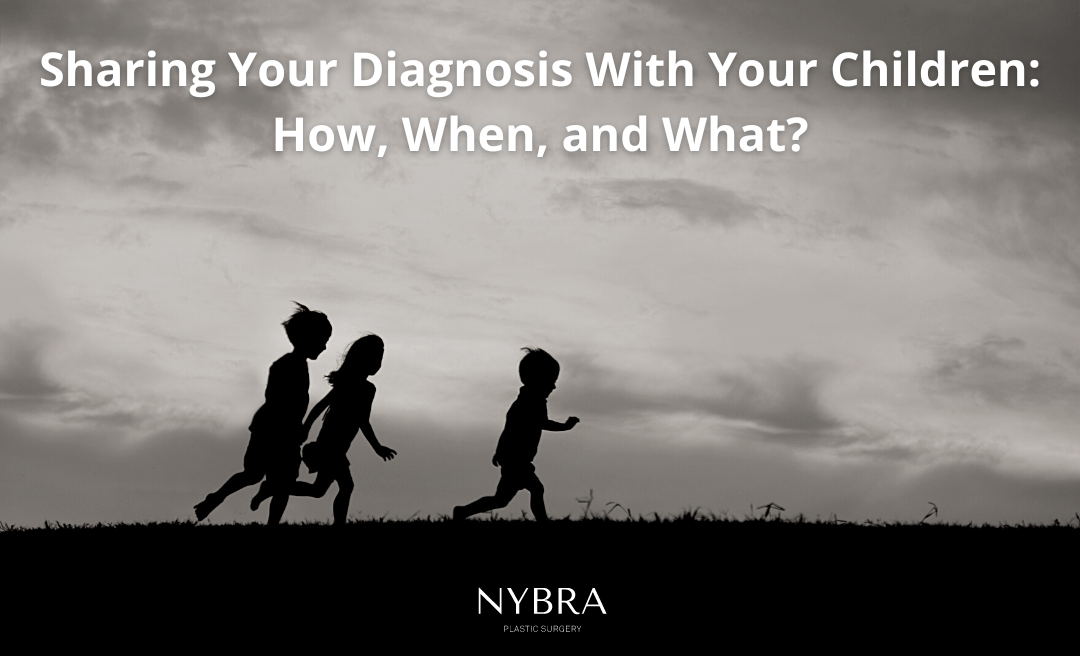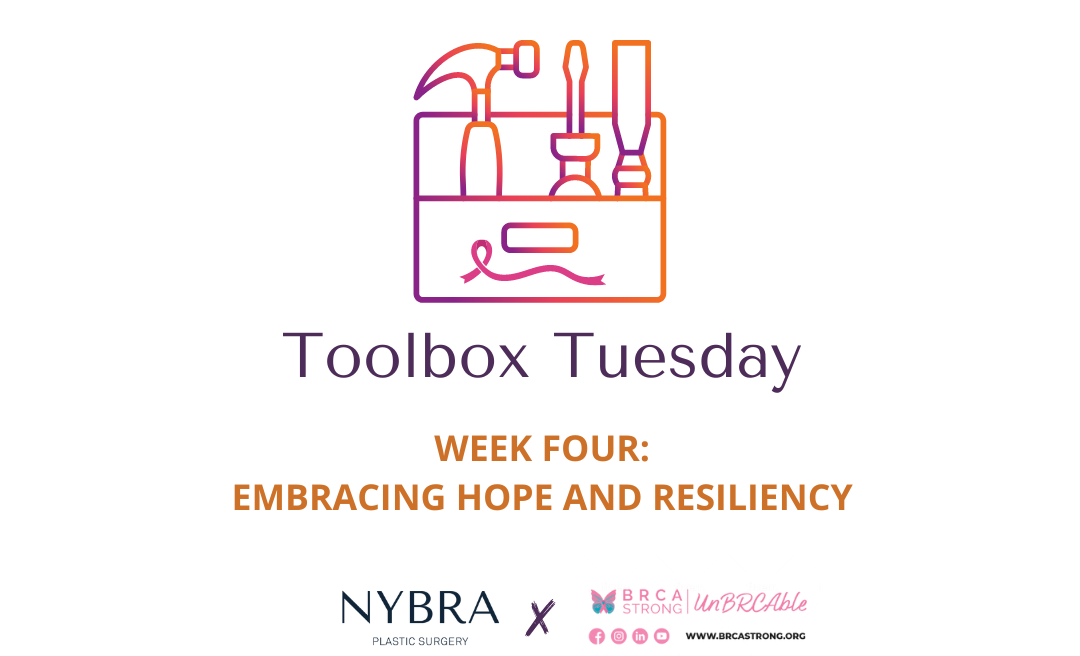Sharing Your Diagnosis With Your Children: How, When, and What?
February 27, 2023
One of the most distressing concerns that surround a breast cancer diagnosis is how it will impact children in the family. Parents often feel deep anguish and anxiety surrounding child education and care. I spend time on this topic during intakes, where we talk about what patients have already told their kids, what they are thinking about telling them, and what is age appropriate. As emotional as it can be, once you have established how much information to divulge, it can also be a relief to get your diagnosis out in the open with them. Read on for a few key considerations as you enter this difficult conversation.
Children need permission to move through feelings—just like adults.
I frequently talk about giving yourself permission to feel after a breast cancer diagnosis. Many patients are conditioned to believe that they are supposed to behave as though they are OK despite the devastation that comes with diagnosis when the reality is that it is normal and healthy to feel and express yourself. This behavior can trickle down to children. It is important to show them that this is upsetting and to give them permission to feel upset about it. For example, it is appropriate to be tearful when you share your diagnosis with your children; it gives them permission to emote as well.
Attempts to hide information from children typically cause more harm than good.
Parents may be very concerned that sharing their diagnosis will excite their children. A common thought is, “my child is too sensitive or anxious to tell.” We need to be aware that it will cause greater anxiety if they overhear it or feel that they’ve hidden something, because then it involves trust. It is also important to tell teachers and guidance counselors what is going on at home. These individuals serve as an extra set of eyes and ears when you cannot be present as parents.
Be open emotionally but metered with technical details.
When it comes to the particulars of your diagnosis, less is more. I speak to my patients about what is developmentally appropriate. Phrase answers to your children’s questions about a cure carefully. You can and should assure them that you have full faith in your medical team and have been given good reason to believe that they will be able to manage your cancer. You cannot say that you will never get it or that you will be cured. Speaking in those kinds of absolutes can compound issues if your journey does not go as planned, prompting children to feel as though you violated a promise.
Establish yourself as the primary source of information.
Openness with children not only fosters trust and communication, it can combat misinformation. If there are two parents, both should be present when explaining the diagnosis to their children. This opens a dialogue within the entire family. Request that your kids come to you to get answers from trusted doctors rather than looking online when they have a question. Make it clear that much of what they find online is incorrect or bereft of essential context and that you are happy to receive any questions that they might have, no matter how simple, complicated, or emotional those questions may be.
Remember that children are extremely resilient.
As much as patients feel anxious about telling their children, half of the time, the response is nothing like what they anticipated it would be. In many cases, children handle the news much better than anyone may have imagined. Sometimes they have already picked up on the fact that something was wrong with their parents. Some children have little reaction at all. Parents often feel disappointed that there’s not more empathy about the situation. Remember: the most important thing is that they are appropriately informed in a way that maintains their trust.
Toolbox Tuesday Week 4: Embracing Hope and Resiliency
Welcome to the final installment of Toolbox Tuesdays, a set of blog and social media posts shared in collaboration with BRCAStrong to delve into the…
